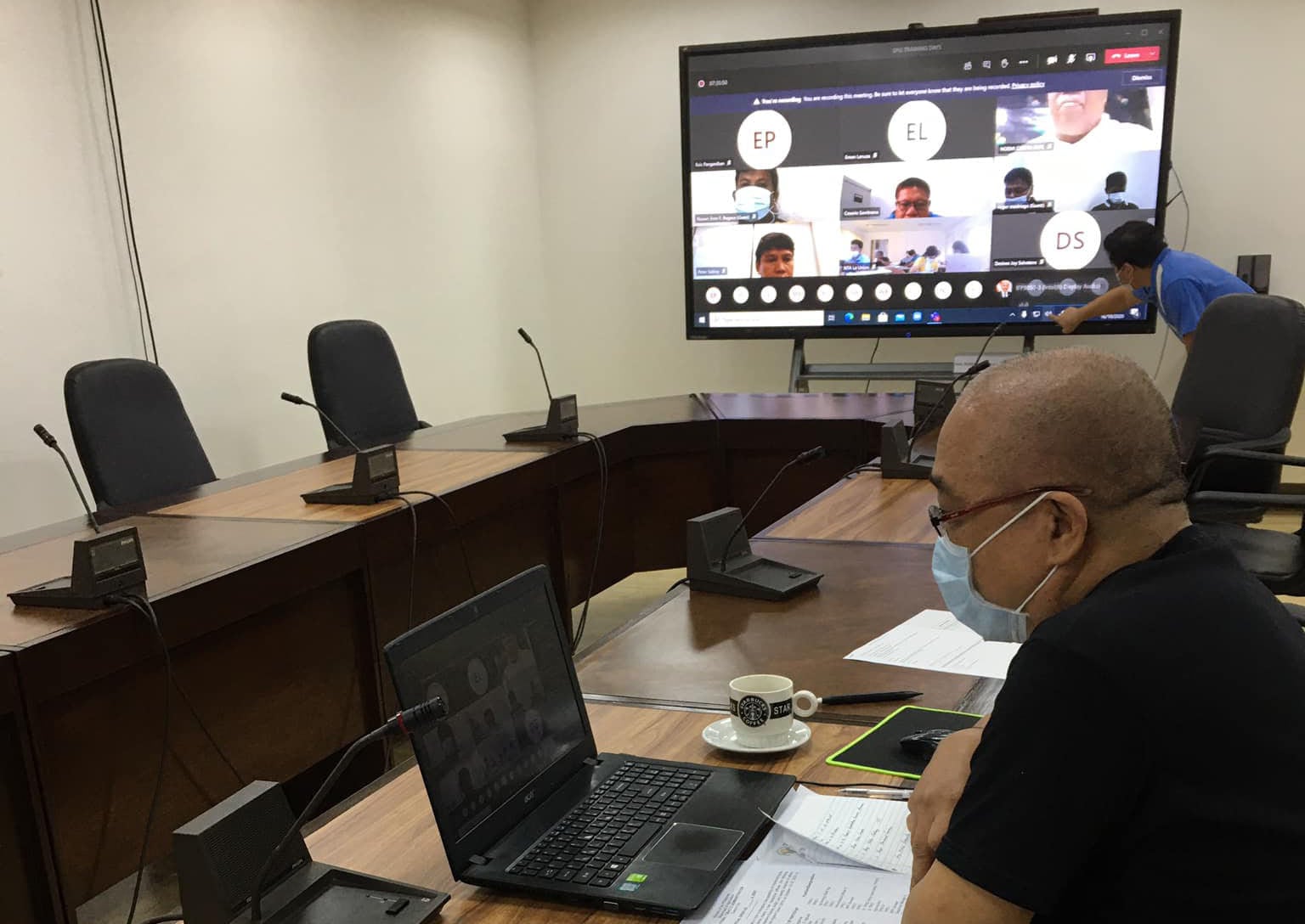by Melanie Rapiz-Parel
TO fine-tune the implementation of its solar-powered irrigation program, NTA conducted technical capability training for all its 31 registered Agricultural and Biosystems Engineers.
The five-day training, a collaboration of NTA and the Bureau of Agricultural and Fisheries Engineering (BAFE), was held via video conference platform Microsoft Teams from October 12 to 16. Six technical staff from BAFE also joined the virtual training.
Administrator Robert Victor G. Seares Jr. in a message on the first day said that an efficient irrigation system has a vital role in the modernization of tobacco production.
“It is necessary that we train our engineers in the planning and designing of solar-powered irrigation and the preparation of plans and program of works of their proposed SPIS project,” he said.
The installation of the solar-powered irrigation system (SPIS) is included in the farm mechanization component of the Block Farm Model, which is expected to be implemented in the upcoming cropping season.
NTA has installed in the past two cropping seasons nine SPIS in tobacco-growing areas in Northern Luzon.
According to Dr. Roberto R. Bonoan, Deputy Admnistrator for Operations, NTA had no established standards
for installation during the initial implementation of the project.
“So this time we have to determine, with the help of our engineers, the baseline information needed in the site
and other relevant information such as rainfall, and wind velocity, for a resilient and effective system during operation,” added Bonoan.
Among the topics included in the training modules are the importance and viability of applying solar energy Virtual training on solar irrigation for agricultural engineers to farm activities; data needed about the location, assumptions made, and computation of irrigation and crop water requirement; location consideration and its effect on the SPIS design; sizing of SPIS components based on irrigation requirement and water source capacity; design computation exercise; and construction and installation requirements.
Irrigation experts from the Engineering Plans, Designs, and Specifications Division (EPDSD) of BAFE and the Department of of Energy (DOE) served as resource speakers, namely, Noemi L. Carpio (Chief, EPDSD), Analyn G. Sagana, Maria Evic C. Panganiban, Arjay P. Sabasaje, Desiree Joy R. Salvatera, Emmanuel R. Lanuza, and Peter A. Sablay (DOE).
A highlight of the training was the group presentation of location-specific design of SPIS applicable in their respective localities. Best presentations were awarded to Farm Technology and Services Department, La Union Branch, and Cagayan Branch.
“After the training, I can say that our engineers are now ready and capable to come up with the required standards for an efficient irrigation system,” Bonoan said.
He added that the agricultural engineers can certify project proposals submitted to them for installation in their respective areas.
NTA is set to establish eight more SPIS in major tobacco-growing provinces, or one for each Block Farm.




